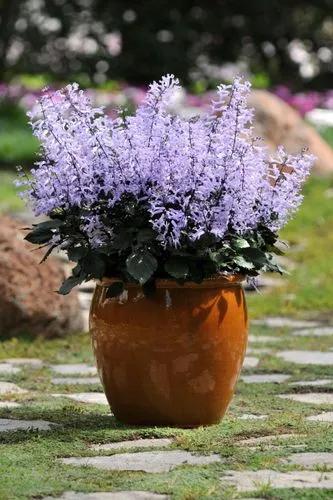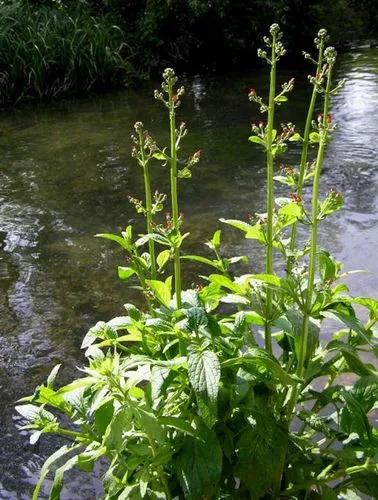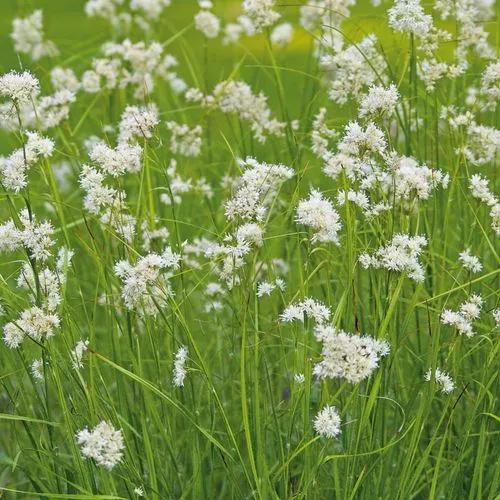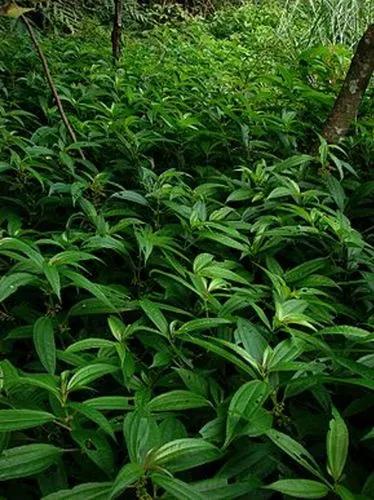Lysimachia vulgaris is a perennial growing to 1.2 m (4ft). It is hardy to zone (UK) 5. It is in flower from April to September. The species is hermaphrodite (has both male and female organs) and is pollinated by Bees, flies. The plant is self-fertile. Suitable for: light (sandy), medium (loamy) and heavy (clay) soils and can grow in heavy clay soil. Suitable pH: acid, neutral and basic (alkaline) soils. It can grow in semi-shade (light woodland) or no shade. It prefers moist or wet soil and can grow in water.
Yellow Loosestrife Care
Lysimachia vulgaris



Dyeing (used for dyeing wool yellow and brown). It is popularly used as a medicinal product.Looseweed herb contains glycosides (saponins, flavonoids), tannins, vitamin C. In folk medicine, loosestrife is used as an antiseptic, anti-inflammatory, choleretic, tonic. The sap of the plant has a hemostatic effect, it is used for uterine, pulmonary bleeding. Verbeynik is used to treat scurvy, jaundice, rheumatism, and throat ailments. In the form of hot poultices, they are used for bruises, tumors, hernias.According to one version, the loosestrife (Lysimachia) owes its name to Lizimakh, the military leader of Alexander the Great, according to another name comes from the Greek lisis - dissolution, relaxation and mache - resistance, struggle. In the European part of Russia, Verbeinik is also widespread monethe or meadow tea (Lysimachia nummularia L.) - a plant with a creeping stem.
This plant is useful.
How to Care for the Plant

Popularity

339 people already have this plant 138 people have added this plant to their wishlists
Discover more plants with the list below
Popular articles






